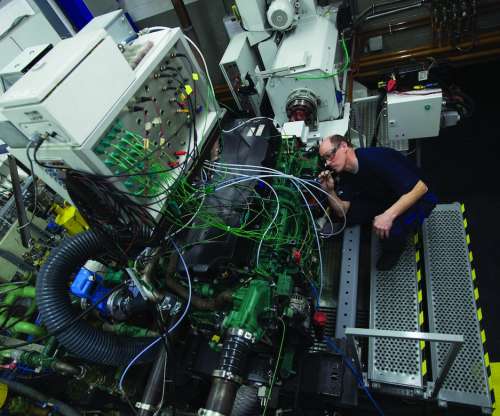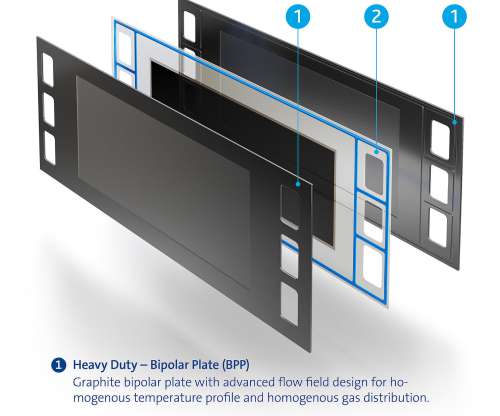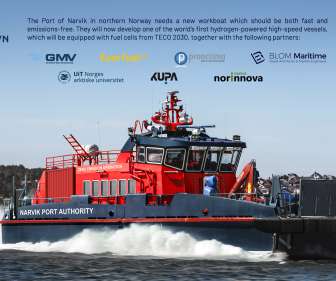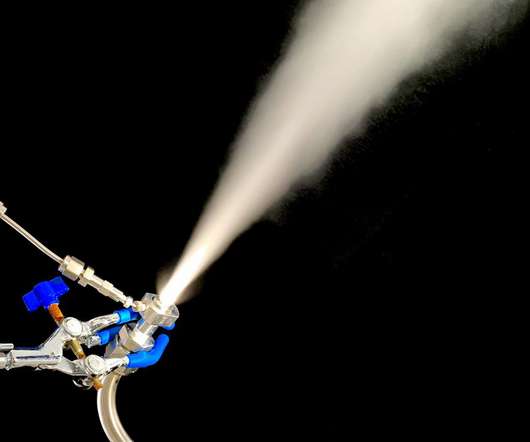Tenneco exploring synthetic fuels for climate-neutral mobility; NAMOSYN project
Green Car Congress
JULY 23, 2021
Synthetic fuels for passenger vehicles, commercial trucks or even marine applications could play an important role in achieving a near-zero emissions mobility, by using renewable energy sources, such as solar or wind power, to create a closed CO 2 cycle when viewed from a holistic “well-to-wheel” perspective.






























Let's personalize your content